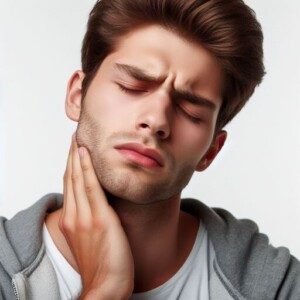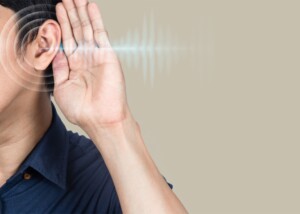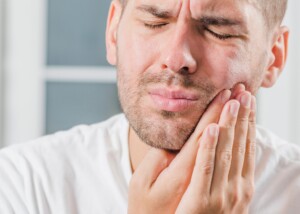
Many symptoms can be caused by TMJ disorder overnight.
In fact, you may not have even made the connection between these nighttime issues and temporomandibular joint disorder.
For starters, here are just some of the symptoms that “TMJ” causes during nighttime, says Brijesh Chandwani, DMD, BDS, Diplomate, American Board of Orofacial Pain, with Connecticut & NY TMJ:
• Teeth grinding (bruxism)
• Insomnia, poor sleep quality
• Headaches in the middle of the night
• Headaches upon awakening in the morning
“TMJ disorders are often associated with symptoms after increased use of the jaw structures (joint and muscles),” says Dr. Chandwani.
“This can happen during the night if grinding or clenching of teeth is significant. Chronic TMJ disorders have often been associated with poor quality of sleep which in turn is linked to increased cortisol levels.
“There are several factors that influence the symptoms of TMJ disorders including behaviors, and some behaviors can trigger nighttime symptoms such as posture of the jaw during sleep, nutrition (caffeine or alcohol in the evenings can trigger night time symptoms), lack of good sleep schedule and teeth grinding.”
Waking in the Middle of the Night Gasping for Air
TMJ disorder may be causing this very frightening symptom that typically occurs in the middle of the night or shortly after you have fallen asleep.
The malfunctioning lower jaw shifts backwards while you’re sleeping on your back. The structures of the mouth and throat become very relaxed.
If the jaw shifts or drops back far enough, it can cause a complete blockage of the airway, suffocating you.
If you haven’t been inhaling for a while, the brain catches on to this and awakens you.
You then awaken to the sensation that you’ve been holding your breath (which you have) for a long time, and hence, find yourself gasping for air.
This is called obstructive sleep apnea, and you do NOT have to be fat or middle aged to have this problem.
It’s about a lower mandible that shifts backwards. This can happen in thin young women with TMJ disorder.
What will compound the matter is if you have a naturally large tongue base and/or large uvula (that punching bag thing in the back of your throat).
So when the jaw shifts backward, these larger structures are more likely to contribute to complete obstruction of the airway.



























